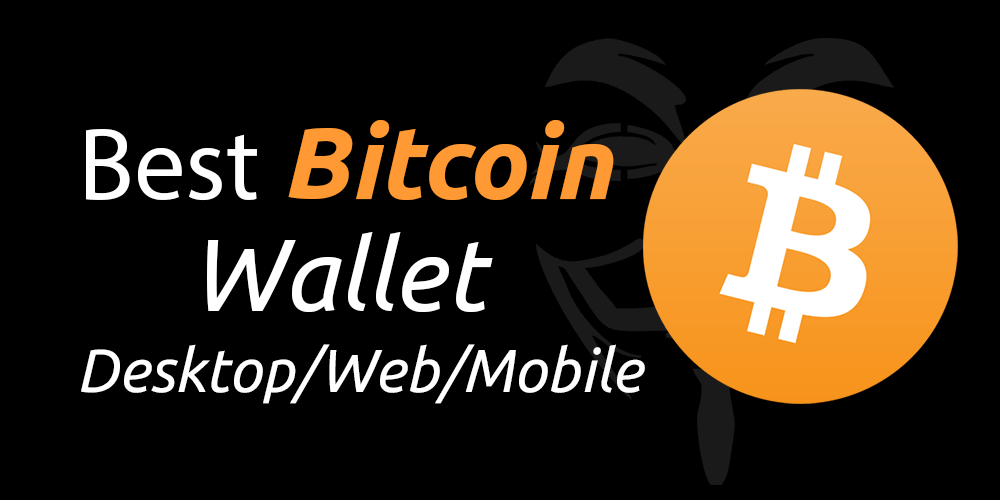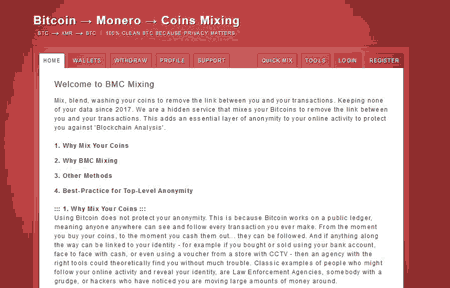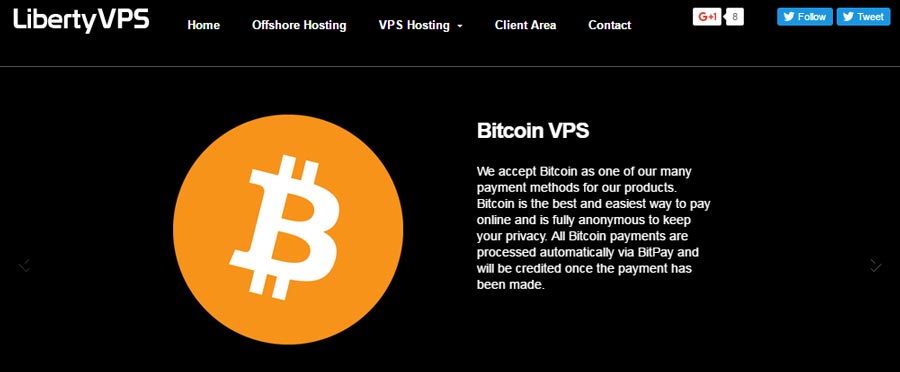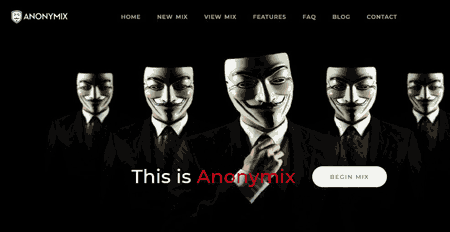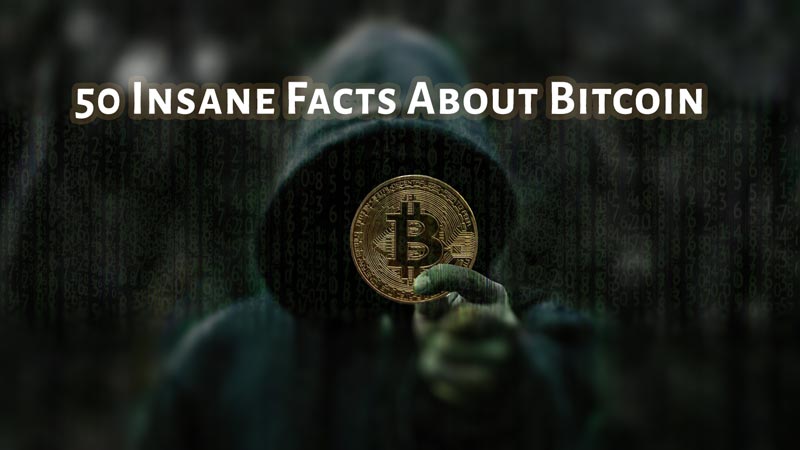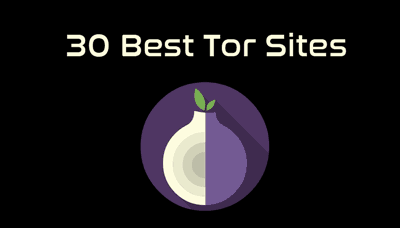Bypass censorship tools: This list will give you tools which will let you bypass censorship on the internet. You will be able to access websites/content blocked by your govt. or any other third-party.
Not just “access”, some of these tools will even offer you anonymity and privacy. No one finds out what you’ve been up to, not even your government (even if they tried to).
Towards the end of this guide, you’ll also find alternatives to popular but censored social media platforms and communication platforms.
All of the listed tools are 100% legal. What you access with these tools of course if your own responsibility.
Let’s start with the basics then?
What are These Bypass Censorship Tools?
As the name suggests, these are tools that let you bypass censorship
In other words, these are applications that let you do what you want, access what you want, without imposing restrictions. They do not try to be your parent and tell you what you can and can’t do.
In current times, very often we see governments and organizations ban access to certain types of sites. These often include:
- Porn
- Online casinos
- Sites the govt. doesn’t agree with
- Even Google/Youtube and Facebook in some countries.
- Social media and other organizations themselves censor some content in specific regions.
These tools will let you access almost everything that’s blocked on the internet, regardless of who blocked it.
How do these censorship Bypass tools work?
Bypassing censorship sure “sounds” like a mammoth task. You’ll be accessing content the government or the host platform doesn’t want you to!
Despite sounding like a task for Mr. Hacker, it actually only requires a few clicks! Literally. No previous skills, technical expertise or coding required.
Most of these applications simply change your IP address. The IP address is how the destination website or content identifies you. By changing your IP address, you hide your real identity. Your destination website now thinks you’re someone else, someone that content is unlocked for.
In this article, I’ve also listed “alternatives”. E.g. while Youtube, Whatsapp and most other similar giants do wish to control the content posted on their platforms, there are alternatives which do not.
You can use those alternatives to access content that’s censored on these mainstream platforms.
Let’s bypass some censorship then?
1. VPN Services
 A good VPN is undoubtedly the best way to bypass censorship online. The primary reason for this is, a VPN does many things for you, in just a single click.
A good VPN is undoubtedly the best way to bypass censorship online. The primary reason for this is, a VPN does many things for you, in just a single click.
So, normally what happens is your IP address sends a request to a website to access it. If it’s blocked, the website doesn’t load or you get a notification saying it’s blocked.
With a VPN, you first connect to a VPN. You instantly get a new IP address and your original IP address is hidden.
You can do this in a single click. E.g. in the screenshot below, I’m using NordVPN. Now, I can just click on a country, and instantly my IP is hidden and this new IP comes into effect.
![]()
Everything you browse now will be browsed from these IP addresses that your VPN has provided you. The VPN also encrypts your connection so it can’t be hijacked/backtracked to you.
The destination website now doesn’t know who you are, or where you’re from. As a result, you’re treated like a different citizen and hence the content is unlocked for you.
Which VPN to use?
NordVPN is my personal choice for over a dozen reasons.
I’ve used about 30 different VPNs in the past 5 years. No VPN offers the speed or security features that I found with NordVPN.
For starters, Nord “protects” you from your own government. It has a “no log” policy. This policy is independently verified by third-parties. Meaning, even if your govt. forced Nord to reveal your real identity, they can not because they have no logs.
Because it’s based out of Panama, your government can’t force Nord to collect data either. Panama has no such laws.
Then, NordVPN offers Split Tunneling, Onion over VPN, WireGuard, P2P (torrent-friendly) and many other features which most other VPNs don’t. Finally, Nord is one of the cheapest VPNs despite offering all these features. You can read my detailed NordVPN review here.
Just in case you need alternatives, you can go with IPVanish, ExpressVPN, SurfShark as well.
Tip: Never in any case go with a free VPN. There have been multiple instances of VPNs secretly keeping user records, and later sharing it with law enforcement when needed.
Proxies
Proxies are similar to VPN, but aren’t the same.
The similarity is primarily that proxies too hide and change your IP address. This does allow you to access content that you otherwise can not.
However, proxies aren’t encrypted. They’re easier to intercept.
Secondly, proxies often only work for individual browsers/apps. Meaning, any other browser or app that you haven’t separately configured the proxy for, will still use your normal connection. It won’t be unable to access what you’re trying to.
The VPN on the other hand once enabled routes your entire connection, for all the apps and browsers through your new IP. Advanced VPNs (like NordVPN) even let you manually choose which apps to route though the VPN and which to exclude.
Proxies are also comparatively cheaper than a VPN. However, they may not always offer the “no log” policy that your VPN does. This means, the govt. or any other third-party may trace your real identity if and when required.
Some good proxy services include:
Tor Browser
Tor Browser is a web browser. However, it totally helps you bypass censorship online. Its core principal resembles heavily to that of a VPN or a proxy server.
You can use it just like you use Mozilla Firefox. The UI is almost identical. However, in the background it’s completely different story.
So, every website you visit using Tor, is first routed to multiple “nodes”. These nodes are basically volunteers who allow Tor to use their system to route your traffic.
Because multiple nodes are used, only the first node knows your real IP address. No other node in the entire circuit has any access to your real identity. Hence, the final website too only sees the IP address of the final node instead of your real IP address.
Tor is free and completely automated, however, it does have a few major drawbacks. For starters, because of all the routing, Tor does reduce your internet speed by quite a margin.
Secondly, Tor isn’t secure. There have been instances where Tor has been hacked (by the Feds) to reveal the actual user’s identity.
Third, Tor is primarily an “Onion” browser. It’s used to access .onion websites. It totally can access clearnet (.com/.net and other websites) as well. However, it messes these sites up, especially those with JavaScript for security reasons.
In a nutshell, Tor sure can be used to bypass censorship but it’s best to use it with a VPN for the best security.
Uncensored alternatives to popular sites
Now, nearly everything you use is owned by 2 major companies.
Alphabet owns:
- Google (The search engine)
- Gmail
- Google Drive
- Youtube
- Sheets/Docs and other Office alternatives
- Google Maps
- Google Meet
- And so many other companies that they literally named their parent company “Alphabet”. They’ve almost got at least 1 company with each letter from the Alphabet!
Similarly, Meta (formerly Facebook’s parent company) owns:
- And dozens of other companies.
I’m confident you use half of these every single day! And both of these giants have been fined millions, multiple times for the breach of privacy.
Hence, you need alternatives, at least for those major platforms which you use more frequently, or are confidential.
Here are a few services you can use:
- BitChute (Video streaming): Unlike Youtube, BitChute doesn’t censor what’s posted on the platform. One of its primary goals is “freedom of expression”, something that you wouldn’t find very often on those other media giants. You can upload your own videos, or watch videos posted by others without fearing a govt. strike.
- Telegram/ Signal: These are instant messengers, just like Whatsapp. Telegram even offers more features than Whatsapp. They’re End-to-End encrypted and more secure than whatever you’re currently using.
- Skiff mail / Protonmail: These are E2E encrypted e-mail services. Protonmail doesn’t collect your IP address and even has its own VPN service!
- Mastodon: This is a community-owned, ad-free Twitter alternative. It respects free speech and lets you post whatever you want.
Final words on Bypass censorship tools
If I’ve to sum this piece up, I’ll say start with a VPN. It’s the best, easiest and yet one of the most effective ways to bypass censorship online.
If you get a good VPN, you wouldn’t need the proxy, or Tor. However, if you only get a Proxy or Tor, I’d still highly recommend getting the VPN as they’re not as safe as they should be.
In other words, the VPN gives you unrestricted access + safety (you can’t be traced). The other alternatives only offer the unrestricted access.
I hope you got the bypass censorship tools you came here for? Go be free out there!

